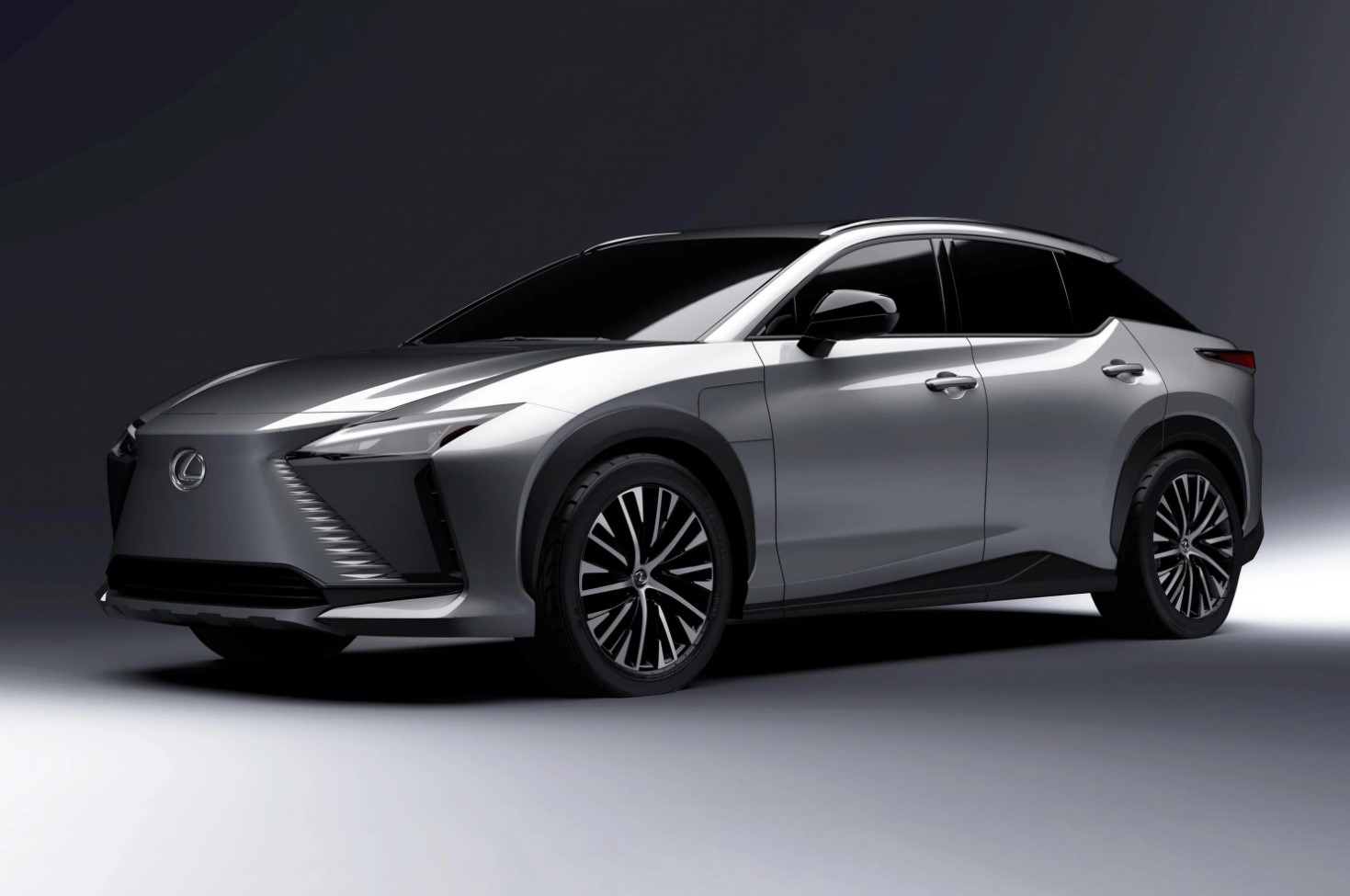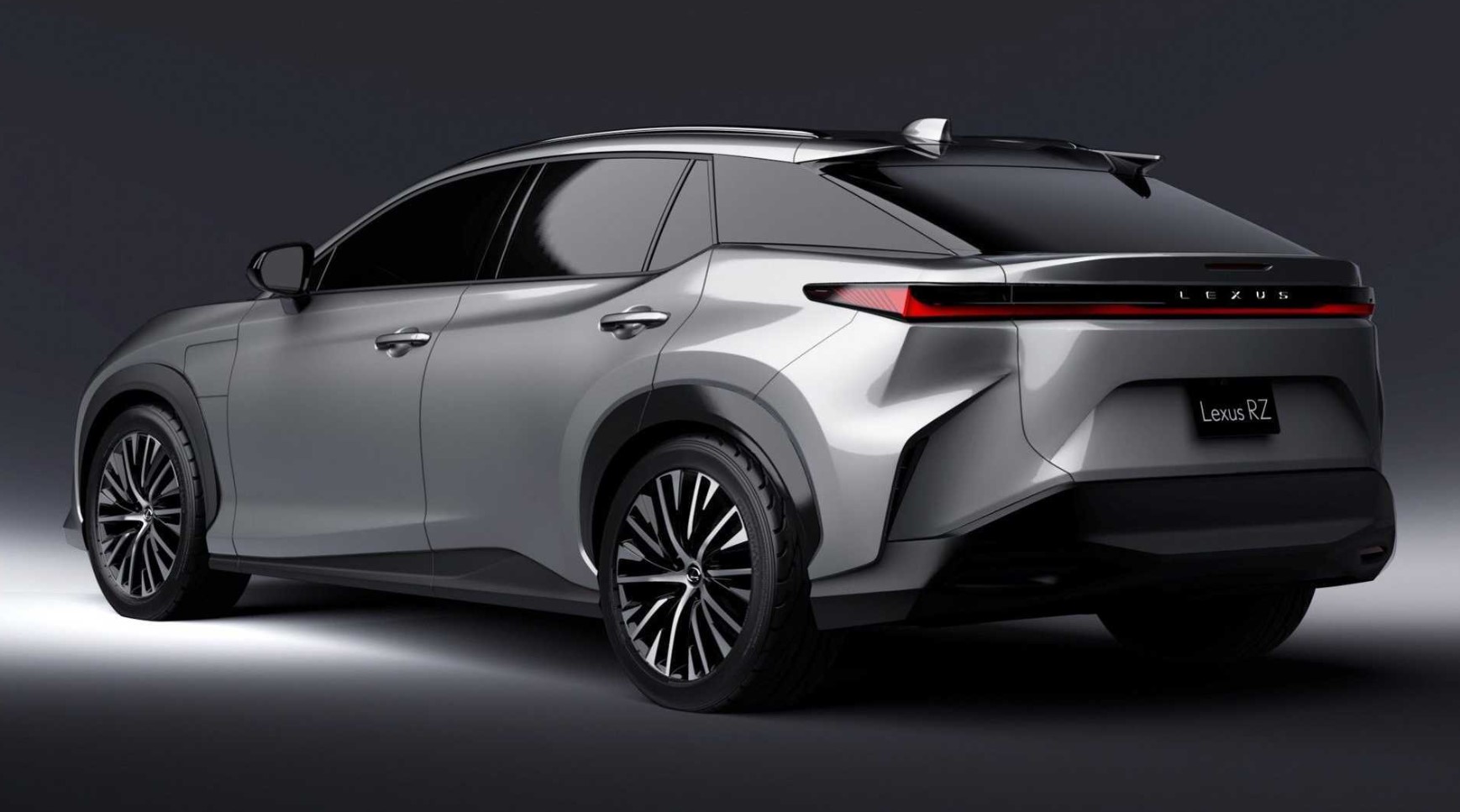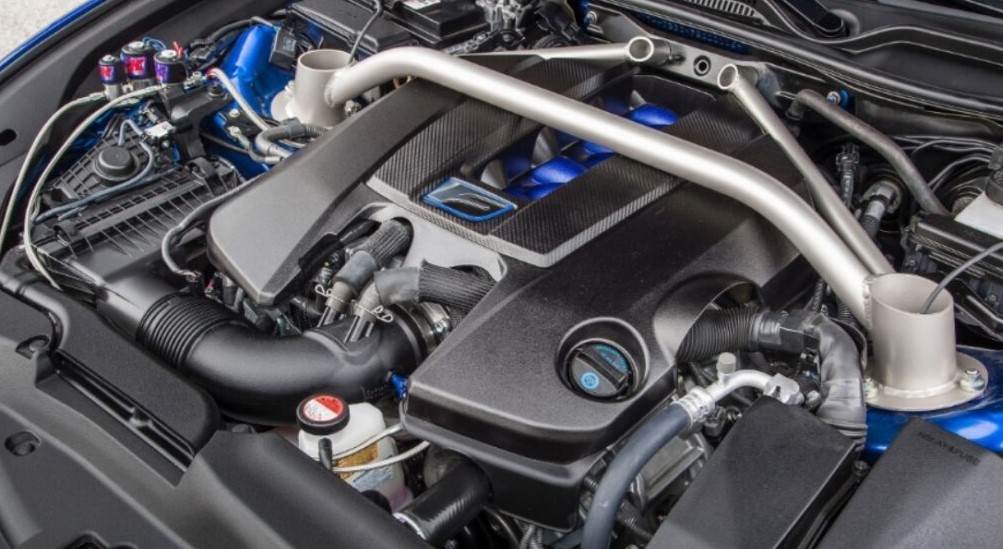2027 New Lexus EV Price, Specs, Interior – Lexus is making a decisive leap forward with the 2027 New Lexus EV, unveiling a design philosophy that blends precision engineering with future-focused styling. The vehicle is built on the new e-TNGA 2.0 platform, a reengineered version of Toyota’s electric vehicle architecture tailored specifically for Lexus’ luxury standards. This modular platform allows for better weight distribution, lower center of gravity, and expanded cabin space. It also supports up to 900V electrical architecture, enabling faster charging and more dynamic energy delivery. 2027 New Lexus EV Price
2027 New Lexus EV Redesign and Update Plan
Exterior & Interior
From every angle, the 2027 New Lexus EV is a study in futuristic elegance. Clean, uninterrupted body lines highlight Lexus’ transition into a minimalist design language. The flush door handles, disappearing beltline, and soft edge-to-edge surfaces give the vehicle a seamless appearance. Lexus introduces three all-new paint finishes for this EV: Graphene Silver, Electric Iris, and Infrared Blue, each utilizing new nano-coating for scratch resistance and self-healing properties. The lighting elements are micro-LED-based, offering better brightness, contrast, and energy efficiency.
Inside, Lexus abandons traditional design cues in favor of a fully digital, immersive cabin. The 2027 EV introduces the “Tazuna 2.0” cockpit, which centers all critical controls around the driver’s natural line of sight and movement. A curved 24-inch OLED display stretches across the dashboard, blending instrument cluster and infotainment into one continuous unit. Below it, a secondary 12-inch touchscreen manages climate and vehicle settings. Voice command integration is now more natural, and Lexus’ AI assistant learns from user habits to automate routine tasks like seat positioning or ambient light settings.
Materials are 100% vegan and sustainably sourced, with available upholstery in recycled suede, Japanese washi-inspired trim, and bamboo composite accents. The steering wheel has been replaced with a steer-by-wire yoke in the performance trim, offering customizable haptic feedback and turning ratios. Rear passengers benefit from class-leading legroom, multi-zone climate pods, and a 21-speaker Mark Levinson Quantum Surround Audio system with headrest-integrated speakers. Every inch of the cabin is tailored for tech-forward luxury.
Visually, the 2027 Lexus EV moves away from the familiar spindle grille, instead featuring a sculpted aerodynamic “spindle body” front profile. It incorporates integrated active air channels, adaptive grille shutters, and L-shaped DRLs that double as turn indicators. The front hood line is lower and wider, giving it a planted, aggressive presence. The roofline is sleek and coupe-like, while the rear is accented by a full-width LED bar and a retractable spoiler that activates at speed for additional downforce. Lexus focused on aerodynamic efficiency, resulting in a drag coefficient below 0.22 Cd.
Dimensionally, this EV is sized between the RX and the RZ, with an extended wheelbase that maximizes interior space. Lexus offers both SUV and crossover coupe body styles, with the flagship trim featuring a panoramic electrochromic glass roof and retractable digital side mirrors. Additional updates include digital key support, facial recognition start-up, and automatic charging port covers. The redesign isn’t just aesthetic—it’s purpose-built to shape Lexus’ EV future.
2027 New Lexus EV Specs
Engine & Performance
The 2027 Lexus EV will offer several configurations, but the flagship dual-motor AWD variant sets the performance benchmark. Producing a combined 550 horsepower and 560 lb-ft of instant torque, it accelerates from 0 to 60 mph in just 3.7 seconds. Lexus engineers have tuned the power delivery to feel linear and predictable, with Drive Mode Select offering Comfort, Normal, Sport, and a new Track mode that alters torque vectoring, steering response, and battery cooling profiles.
The all-new DIRECT4 all-wheel-drive system, now in its second generation, uses e-axle torque management to adjust power between front and rear wheels in milliseconds. This makes the EV incredibly composed during high-speed maneuvers, tight cornering, or slippery surfaces. Paired with a new dynamic chassis control system and air suspension with predictive damping, the ride quality is supple yet sharp. An available performance package includes carbon ceramic brakes, adaptive rear steering, and active roll stabilization.
Lexus equips this EV with a next-gen solid-state battery in top trims, delivering up to 520 miles of range on a single charge under WLTP standards (estimated 480 miles EPA). Fast charging capability allows for 80% recharge in under 12 minutes with a 900V architecture, while bi-directional charging supports vehicle-to-grid and home energy systems. Even the base single-motor version boasts over 350 miles of range and a smooth, rear-wheel-drive power delivery suited for luxury touring. 2027 New Lexus EV Price
2027 New Lexus EV Fuel Economy
Even with its performance capabilities, the 2027 New Lexus EV maintains exceptional energy efficiency. Thanks to improved thermal management, regenerative braking, and lightweight materials, Lexus estimates an energy consumption rate of 4.9 miles per kWh on the single-motor variant and 4.3 on the dual-motor. That means fewer charging stops and reduced long-term ownership costs. The drag coefficient, low-rolling-resistance tires, and heat-pump climate system all contribute to its industry-leading energy use.
2027 New Lexus EV Safety Features
Lexus continues its safety legacy with a new generation of Lexus Safety System+ 3.5. This includes enhanced versions of Pre-Collision System, Lane Tracing Assist, and Dynamic Radar Cruise Control. For the 2027 EV, these systems now use LiDAR, radar, and 360° cameras to form a real-time 3D awareness bubble around the vehicle. This enables more intuitive responses to cyclists, pedestrians, and unmarked roadways. Intersection Assist and Emergency Steer Assist are faster and smoother than before, reacting in under 0.3 seconds.
A standout addition is Lexus’ Guardian AI system, which monitors both driver and environmental conditions. If the system detects signs of fatigue, intoxication, or cognitive distraction, it can safely bring the vehicle to a stop and initiate emergency protocols. Guardian AI also interfaces with V2X (vehicle-to-everything) networks, allowing it to anticipate risks like cross-traffic collisions or sudden braking from cars beyond line of sight. Highway pilot, available on select trims, allows hands-free driving on approved routes with over-the-air expansion planned.
Inside, a full suite of airbags now includes front-center and rear knee airbags. Lexus uses new seat-mounted sensors to dynamically adjust airbag inflation pressure based on occupant size and seating position. Additionally, Lexus introduces its “Safe Exit 2.0” feature, which prevents doors from opening into traffic or cyclists, and also locks doors automatically if unauthorized motion is detected outside the vehicle. The 2027 EV sets new standards not just in driving performance but in holistic safety engineering. 2027 New Lexus EV Price
2027 New Lexus EV Release Date & Price
Pricing begins at approximately $59,000 for the base single-motor variant and climbs to $89,000 for the high-performance AWD trim with all premium options. A limited-run “Lexus Future Concept Edition” will start at $110,000, including carbon-fiber accents, exclusive paint, and concierge-level ownership perks. Lexus is offering a comprehensive 10-year battery warranty and three years of unlimited fast charging through its ChargeConnect network. Subscription-based advanced features like Guardian AI and Highway Pilot are included free for the first five years.
The 2027 Lexus EV will officially debut at the Tokyo Motor Show in late 2026, with pre-orders opening by January 2027. Initial deliveries are scheduled for Q2 2027 in the U.S., Japan, and select European markets. Lexus aims to build this model at its dedicated EV plant in Japan, using green energy and sustainable practices throughout production. With this release, Lexus takes a clear step toward its goal of becoming an all-electric brand by 2035.


